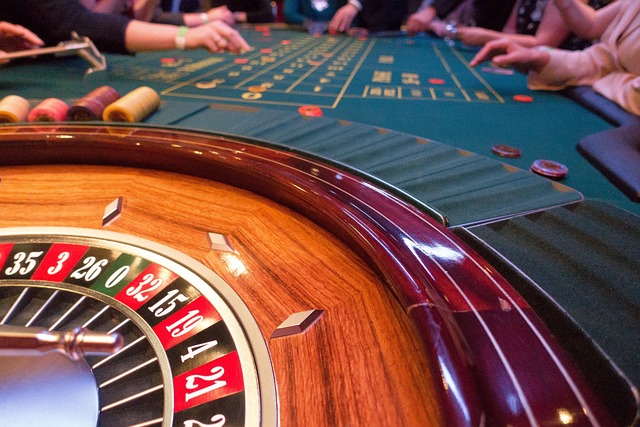Casinos, like Bizzo Casino, attract players with rewards and promotions. They want players to keep coming back, spending more each time. But this often leads to people losing money, hoping for a big win that rarely comes. Many get stuck, spending more than they can afford.
Casinos and Community Challenges
Casinos bring jobs to towns, but they also bring new problems. Addiction rates often go up, putting pressure on local health services. Crime rates can also rise, creating more work for police. Though casinos bring in tax money, it rarely covers all these added costs.
The Power of Casino Ads
Casino ads show gambling as fun and exciting, with big promises of winning. But they often skip the risks, like addiction and financial loss. Many ads target people who need money quickly, making it seem like an easy solution. Stricter rules on these ads could help protect people from harm.
Casinos and the Trap of Addiction

Inside casinos, everything is designed to keep players playing. Bright lights, free drinks, and big jackpots create a cycle of endless play. This can lead to addiction, making it hard for people to stop. Many end up facing serious financial and mental health issues. Support for these players is essential.
Influence on Local Politics
Casinos often have strong ties with local governments. They fund political campaigns to make sure gambling laws stay relaxed. This makes it harder to put in rules that protect players. Local governments need more transparency to reduce the power that casinos hold.
Impact on Small Businesses
Casinos often hurt local small businesses. People spend money in casinos rather than in neighborhood stores, restaurants, or entertainment venues. This shift in spending can lead to local shops losing regular customers. Over time, smaller businesses may close, unable to compete with the constant pull of the casino. The community economy can suffer, as money flows to the casino rather than staying in local hands.
Casino Workers and Labor Rights
While casinos create jobs, these positions often come with issues. Many casino jobs involve long hours, unstable shifts, and modest wages. Workers in these settings may not receive the benefits that large corporations promise. For employees, organizing for better pay and fair treatment is often challenging. Casino owners hold significant power, making it hard for workers to demand their rights.
Environmental Costs of Casinos

Casinos use large amounts of energy for lights, air conditioning, and gaming machines. This constant energy demand has a significant environmental impact. Many casinos also produce waste through single-use plastics, disposable food containers, and other materials. Without environmental regulations, these establishments continue to harm the environment. Encouraging casinos to adopt greener practices is one solution, but it requires government support.
The Role of Technology in Modern Casinos
Casinos increasingly rely on technology to keep players engaged. From slot machines to mobile apps, technology makes gambling more accessible than ever. While convenient, this also makes it easier for players to lose control over their spending. Casino apps allow people to gamble from home, increasing addiction risks. As technology advances, so does the need for policies to protect consumers.
The Illusion of Casino Tax Revenue
Local governments often promote casinos as a source of tax revenue. While casinos contribute to public funds, the income rarely offsets the social and economic costs. Health services, law enforcement, and public assistance programs often bear the brunt of these costs. Real economic benefits might be far smaller than casino advertisements claim, leaving communities with more harm than good.
